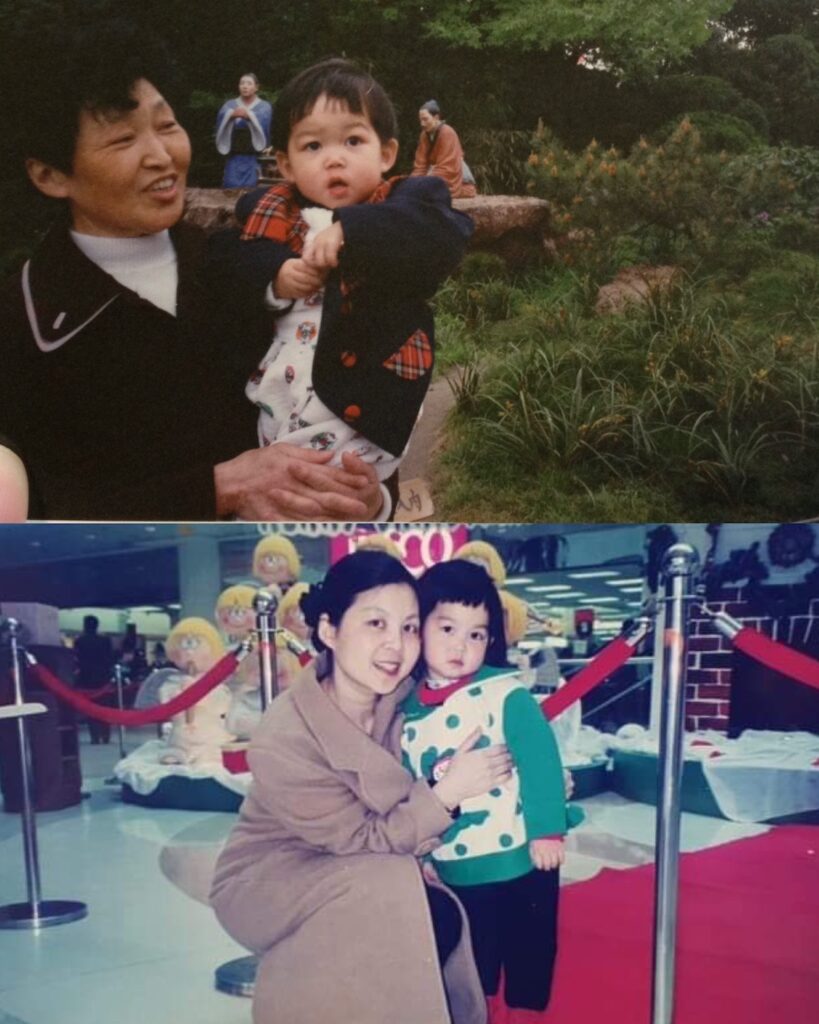
The under-the-radar heroine. The one who loves you unconditionally regardless of what you do. The one who supports you in everything you do. The one who disciplines you when you’re in the wrong. The ones who dressed you up in bright colours or cut a really bad fringe. I’m lucky I’ve had two of these heroines in my life growing up. But at what point did I realise they were my heroines?
I always knew they were my inspirations but were they my heroines? The short answer is no. I grew up looking up to the great female figures in our world. Think Mother Theresa or Maya Angelou or Angelina Jolie. All these women fought courageously for issues that matter and are truly inspirational in making real change. So I was taught to aspire to be like them one day.
What I often overlooked were my everyday heroines, who were ones who’ve shaped who I am today. They were there everyday, doing mundane things like looking after me. Growing up in an Asian household in a Western society meant that I was often confused as to what love looked like. When I see mothers saying ‘I love you’ to their children, I question why I never got ‘I love you’ from my family. Now, this shared experience with other individuals of Asian descent has come to light as I got older.
‘Have you eaten yet?’
‘You’re not eating enough!’
This is often followed by a table that is always more than I can ever eat in one sitting.
Food is our love language. Overfeeding us is another form of expressing love. To get asked these questions multiples a day, every single day, is actually the very meaning of ‘expressing love’. Having a full table means that we wouldn’t go hungry. To provide nutritious sustenance means we could be healthy and strong. The acts of service was how my mum and grandma expressed love.
They never talked about their experiences. The struggles of moving to a new country or surviving a man-made famine. It was only when I grew older, my mother told me how my grandmother crowd sourced from our relatives to send my mother to Australia in hopes for greater economic prosperity. Here, she came with nothing but my grandparents’ unconditional support.
She didn’t know the language. The food was unwelcoming. The western culture was foreign to her. Like many others, she persevered. A chemistry degree was used to make sofa covers. Milk crates found on the street were used as chairs. From those beginnings to giving my sister and I the opportunities we have now is nothing short of heroic.
My grandmother came when I was born. When my parents were working, my grandmother was like my second mum. She raised me. Now, twenty-five years later, she still can’t speak, read or write English. She still can’t drive. Yet, she somehow knows the public transport system here back to front and dare I say, better than my whole family. Her sacrifice of her former life to live in a new country without any of her family or friends is the courage masked from us. She was too busy caring for my sister and I.
Now, no matter what I’m pursuing, they are my biggest cheerleaders. I’ve moved out recently and still, my grandmother would pack me many boxes of frozen homecooked meals and a couple hundred dumplings she made because she thinks I’ll starve. Because she can’t cook for me everyday, this is her way to continue expressing love – by stocking up my fridge for the next three months.
So who is my girlhood heroine? Whilst I didn’t know when I was little, it has always been my mother and grandmother. Their expressions of love are the definition of ‘showing not telling’. The generosity in their hearts coupled with their strength and perseverance have passed onto my own way of life, and the values and morals I live by. Their abilities to keep our singular nucleus family tight and loving in a city that could not be more different from their former home is heroic.
Heroines? They sure are. The unsuspecting heroines that everyone needs and I’m lucky to call them my mother and grandmother.
-Christine Chen
Junior Girl
Girl Museum Inc.
